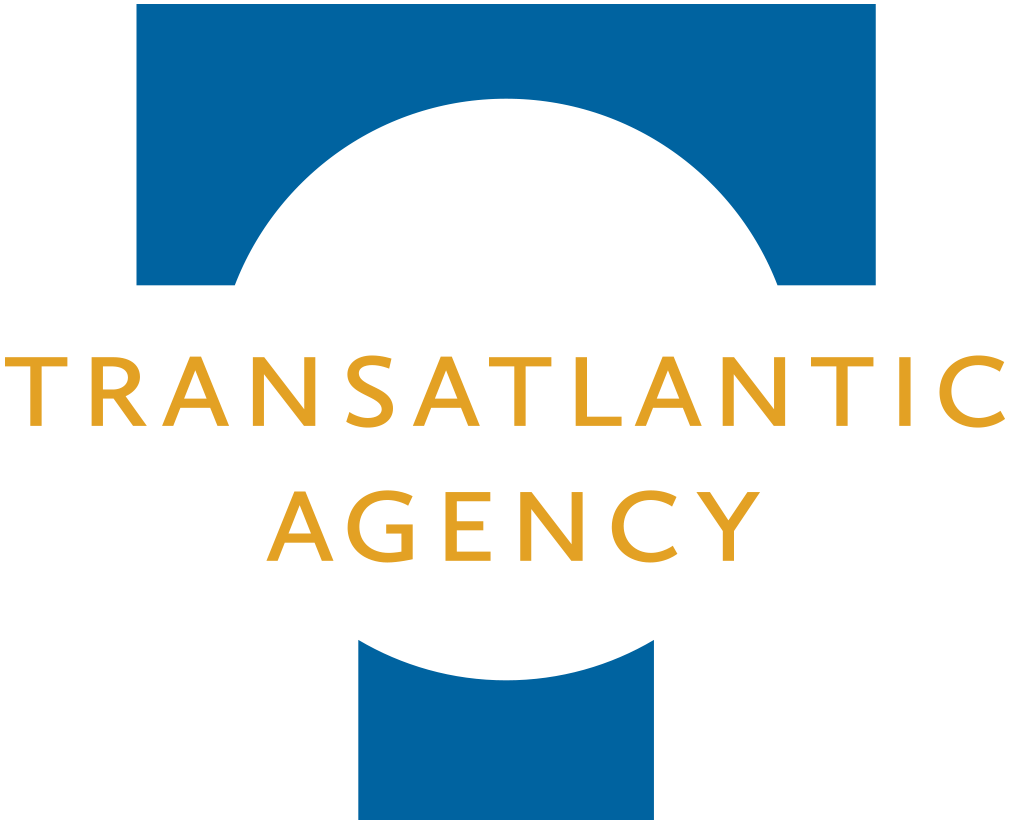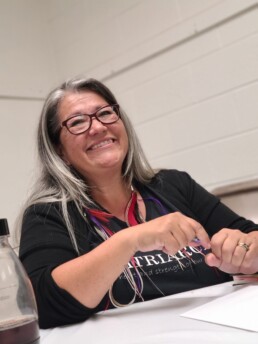Patty Krawec is an Anishinaabe/Ukrainian writer and speaker belonging to Lac Seul First Nation in Treaty 3 territory and residing in Niagara Falls. She has served on the board of the Fort Erie Native Friendship Centre and co hosted the Medicine for the Resistance podcast.
She is a founding director of the Nii’kinaaganaa Foundation which challenges settlers to pay their rent for living on Indigenous land and then disburses those funds to Indigenous people, meeting immediate survival needs as well as supporting the organizing and community building needed to address the structural issues that create those needs.
With a background in social work, Patty focused on supporting victims of sexual and gendered violence as well as child abuse. She is a strong believer in the power of collective organizing, and was an active union member throughout her career as a social worker.
Her current work and writing focuses on how Anishinaabe belonging and thought can inform faith and social justice practices and has been published in Sojourners, Rampant Magazine, Midnight Sun, Yellowhead Institute, Indiginews, Religion News Service, and Broadview. Her first book, Becoming Kin: An Indigenous Call to Unforgetting the Past and Reimagining Our Future was published in 2022 by Broadleaf Books. Her second book about the ways that subaltern writing and storytelling can help us reimagine that future will be published in the fall of 2025. She lives on Twitter as @gindaanis and you can find her online at daanis.ca
Speaking Topics
These topics are suitable for helping professions, educators, labour unions, church organizations, and community groups. They can be presented as keynotes or workshops and will be tailored to the needs of your specific organization.
Surviving Together
How do we survive everything that is happening? From climate change to polarizing politics to a seemingly endless cycle of displacement and erasure for modern-day land grabs we live in a world that profits from our instability and precarity. Every day we awaken to new strategies of precarity meant to keep us occupied with survival.
How do we survive? We survive not by drawing boundaries around ourselves and hoarding resources that must be expended to protect what will inevitably slip through our fingers. We survive by becoming kin. By remembering what it means to be related not only to each other but to the worlds around us. This lecture, which can be offered as a single keynote or as a series of three, is rooted in three stories from the Anishinaabeg, tying together past, present, and future.
#LandBack
“If you get the land back what will happen to my house?” This keynote considers the Indigenous call for #LandBack in the context of religious and ethno-nationalisms rising in Canada and the US as well as around the world. Genocidal violence erupts when claims to land are rooted in ancient beliefs and then combined with political ambitions. What is the difference between #LandBack and any other nationalist project? This keynote explores #LandBack as an alternative to the violence of bordering regimes and considers the persistent question of whether or not the US and Canada were, or still are, Christian nations.
Rivers Run Through Us
Drawing on the poetry of Natalie Diaz (Mojave) and Rashida Abjulhadi (Palestinian) this keynote reflects on the land and waters that shape our lives. They are our ancestors in material ways, shaping our bodies and genome just as our human ancestors do. When you separate people from their land, from their waters, you disconnect people from their histories and their relatives. For settlers who are no longer near the land and waters their ancestors knew, the longing to connect with the place they are in often eclipses the people who were displaced. It is critical therefore, to think about the relationship that creates. Waters understand transnational solidarities, what it means to live in relationship rather than identity. It can teach us as well.
To book Patty Krawec, contact Rob Firing at speakers@transatlanticagency.com.

